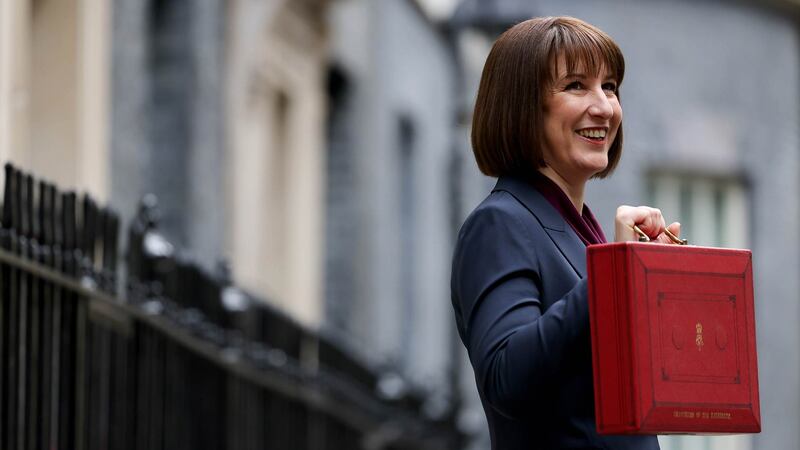You are viewing your 1 free article this month. Login to read more articles.
Arts Council England says it will not remove funding for 'political' artists
New guidance from Arts Council England (ACE) stresses it " will not remove or refuse funding” to artists or organisations “purely because they make work that is political”.
The updated guidance, released on Wednesday (28th February), says it expects all organisations it invests in “to support freedom of expression” which it says is “essential for a thriving cultural sector in this country”.
ACE has faced a backlash in recent weeks for its advice about "overtly political or activist statements". The original guidance it released in January said organisations should be alert to the risk of making “statements, including about matters of current political debate”, that are likely to result in a negative reaction from the public, media or stakeholders, towards the organisation or to ACE itself.
ACE had defined reputational risk as any activity or behaviour "that potentially breaches the terms and conditions of the funding agreement" and said that "any activity undertaken by the organisation can bring reputational risk to the Arts Council, regardless of whether the activity is directly funded through your grant or not".
ACE was criticised about the implications the changes had for artistic freedom, and issued further statements to clarify its commitment to freedom of expression. However, trade figures remained concerned about the wording of the updated framework, particularly the section on “What do we mean by reputational risk?”
The revised guidance says ACE would support organisations that receive “negative reactions” to work they back as long as ACE is “confident that you have a good risk management strategy in place”.





















